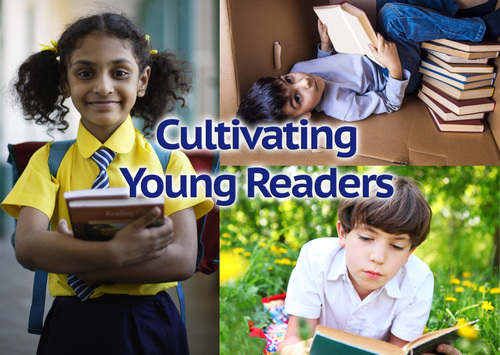
Summer is coming. Book lists are already online. Als Eltern, I was determined to cultivate a love of reading in my children. Reading is something I love to do and so I was committed to ensuring that my kids appreciate and understand the power of language to convey and express concepts. Language is the ultimate tool of humanity.
Unsere globale Lehrer Bloggers sind Pioniere und Innovatoren in Bereichen wie Technologie-Integration, Mathematik-Coaching, sonderpädagogischen Förderung, naturwissenschaftlichen Unterricht, und Geschlechtergerechtigkeit. Sie haben Schulen gegründet, geschrieben Curricula, und führte Klassenzimmer in 13 verschiedenen Ländern, die sich über jeden besiedelten Kontinent auf der Erde strecken. Diese Lehrer stärken und bereichern das Leben von jungen Menschen aus fast allen erdenklichen Hintergrund.
Heute in Die globale Suche nach Bildung, unsere Top Global Lehrer Bloggers teilen ihre Antworten auf dieses Monats Frage: How do we do a better job of cultivating young readers?
Rashmi Kathuria (@rashkath) from India recommends a method used by Anita Chadha, a teacher of English at Kulachi Hansraj Model School. She asks her students “to dramatize a particular scene or situation they read in the story.” Rather than read silently or aloud one student at a time, she has her students read the story as if it were a play. “…to my wonderment I discovered young actors and actresses.” Zusätzlich, students are encouraged to write scripts and create dialogues in their own words. Reading becomes something active and enjoyable rather than boring and passive. Weiterlesen.
“We do not have a library at my school,” says teacher Dana Narvaisa (@dana_narvaisa) from Latvia, “but it has never been an excuse for us to avoid reading.” Dana notes that it is important to give students both a wide selection and chance to read during the school day. She says, “regular reading is essential and to make it a priority, we need to find time for it every day.” Weiterlesen.
Natascha Scott (@natacha_scott), Assistant Director of History and Social Studies for the Boston Public Schools, was recommended by Adam Steiner (@steineredtech) diesen Monat. Natacha emphasizes that understanding the perspective and the experiences of students is key to choosing the right book. “Before the journey can begin, teachers must take the time to get to know their students. Truly understanding their background, Fragen, and interests will allow access points for establishing connections to different content.” Weiterlesen.
“Through language we control our lives,” notes Maarit Rossi (@pathstomath) aus Finnland. “A man without words does not solve math problems, explicate his existence, let alone feelings.” Und natürlich, we learn language by reading. Diesen Monat, Maarit joins Finnish literacy teacher Jaana Lindfors and librarian Pia Rahikainen to follow their 7th graders book talk and find how they work together to keep literacy vibrant. Weiterlesen.
Elisa Guerra (@ElisaGuerraCruz) from Mexico cuts to the chase: “Let’s be straight,” sie stellt fest. You will never turn a kid into a reader if he does not like to read. You might get him to read – just to make the grade, avoid punishment or elude embarrassment. He might try to trick you out of reading by making excuses, whining or cheating. As soon as he gets the chance, he will ESCAPE…….” If Elisa’s observations resonate with you what should you do? Weiterlesen.
“Cultivating Young Readers in Communities of Poverty” is the title of Nadia Lopez’ (@TheLopezEffect) inspiring blog on “getting children who struggle with phonics and comprehension to become excited about reading.” Noch “with a little hope” und 10 key strategies, Mott Hall Bridges Academy is creating a culture of literacy. Weiterlesen.
“I was 19 when I completed Catcher in the Rye, my first full book,” says teacher Richard Wells (@EduWells) aus Neuseeland. Dies “unread college boy” brings a lot of personal experience and expertise to the challenge of cultivating the love of reading in his own classroom today. Don’t miss Richard’s 3 ideas for encouraging boy readers. Weiterlesen.
Shaelynn Farnsworth (@shfarnsworth), based in Conrad, Iowa, was recommended this month by our Blogger at Large Beth Holland (brholland). Shaelynn notes there is no “silver bullet” which will motivate every student to read and that it’s often a blend of different strategies. She believes that “a well-informed and observant teacher can focus their instruction and differentiate content to meet the needs of all students.” Shaelynn Aktien 3 reading motivations to target for cultivating young readers: Interest, Dedication, and Confidence. Weiterlesen.
Parental involvement is absolutely critical, says Vicki Davis (coolcatteacher) von Camilla, Georgia. Vicki shares a wonderful story of how she ignited a love of reading with her own children. “I would yawn, stretch my arms, and say, you know what? I’m really tired. I would hear howls from the backseat…..So, I would turn around and say…” Weiterlesen.
In Sierra Leone, Miriam Mason-Sesay (@EducAidSL) is creating a culture of story-telling by conveying reading as an adventure. None of the 17 different local languages in her country are traditionally written. This means that children do not grow up with books. Engagement with the written word has to be very carefully and methodically cultivated. “Success is pointed out and celebrated. Exciting books are read to the children and they are then encouraged to read them together in small groups on their own again later. The children use Inge Wilson’s ‘Tales Toolkit’ to tell each other exciting stories and then write them up…” Weiterlesen.
Todd Finley (finleyt) in Greenville, North Carolina emphasizes that while reading alone is very important, reading together is crucial. “Reading is a social experience. We read because important members of our community model the practice and make it a priority…. Letztlich, writes C.S. Lewis, ‘We read to know we are not alone’.” Weiterlesen.
Craig Kemp (mrkempnz) in Singapore shares his 2 easy ways to cultivate young readers but emphasizes that teachers should be role models. They should not only teach reading but engender a love of literature by way of example. “If we want our students to love reading, we need to love reading.” Weiterlesen.
The Top Global Teacher Bloggers is a monthly series where educators across the globe offer experienced yet unique takes on today’s most important topics. CMRubinWorld nutzt die Plattform, um die Stimmen der unentbehrlichsten Menschen unserer Bildungseinrichtungen zu propagieren – Lehrer.
(Foto ist mit freundlicher Genehmigung von CMRubinWorld)
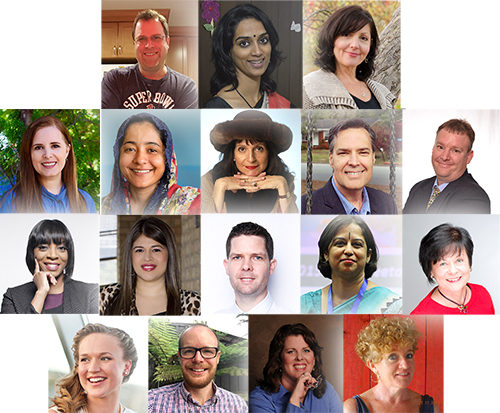
Warren Sparrow
Rashmi Kathuria, Maarit Rossi

Begleiten Sie mich und weltweit renommierten Vordenkern wie Sir Michael Barber (Vereinigtes Königreich), DR. Michael Block (US-), DR. Leon Botstein (US-), Professor Ton Christensen (US-), DR. Linda Hammond-Liebling (US-), DR. MadhavChavan (Indien), Professor Michael Fullan (Kanada), Professor Howard Gardner (US-), Professor Andy Hargreaves (US-), Professor Yvonne Hellman (Niederlande), Professor Kristin Helstad (Norwegen), Jean Hendrickson (US-), Professor Rose Hipkins (Neuseeland), Professor Cornelia Hoogland (Kanada), Herr Jeff Johnson (Kanada), Frau. Chantal Kaufmann (Belgien), DR. EijaKauppinen (Finnland), Staatssekretär TapioKosunen (Finnland), Professor Dominique Lafontaine (Belgien), Professor Hugh Lauder (Vereinigtes Königreich), Herr Ken Macdonald (Vereinigtes Königreich), Professor Geoff Masters (Australien), Professor Barry McGaw (Australien), Shiv Nadar (Indien), Professor R. Natarajan (Indien), DR. PAK NG (Singapur), DR. Denise Papst (US), Sridhar Rajagopalan (Indien), DR. Diane Ravitch (US-), Richard Wilson Riley (US-), Sir Ken Robinson (Vereinigtes Königreich), Professor Pasi Sahlberg (Finnland), Professor Manabu Sato (Japan), Andreas Schleicher (PISA, OECD), DR. Anthony Seldon (Vereinigtes Königreich), DR. David Shaffer (US-), DR. Kirsten Sivesind (Norwegen), Kanzler Stephen Spahn (US-), Yves Theze (LyceeFrancais US-), Professor Charles Ungerleider (Kanada), Professor Tony Wagner (US-), Sir David Watson (Vereinigtes Königreich), Professor Dylan Wiliam (Vereinigtes Königreich), DR. Mark Wormald (Vereinigtes Königreich), Professor Theo Wubbels (Niederlande), Professor Michael Young (Vereinigtes Königreich), und Professor Zhang Minxuan (China) wie sie das große Bild Bildung Fragen, die alle Nationen heute konfrontiert erkunden.
Die Global Search for Education Community-Seite
C. M. Rubin ist der Autor von zwei weit Lese Online-Serie für den sie eine 2011 Upton Sinclair Auszeichnung, “Die globale Suche nach Bildung” und “Wie werden wir gelesen?” Sie ist auch der Autor von drei Bestseller-Bücher, Inklusive The Real Alice im Wunderland, ist der Herausgeber des CMRubinWorld, und ist ein Disruptor Foundation Fellow.
Folgen Sie C. M. Rubin auf Twitter: www.twitter.com/@cmrubinworld

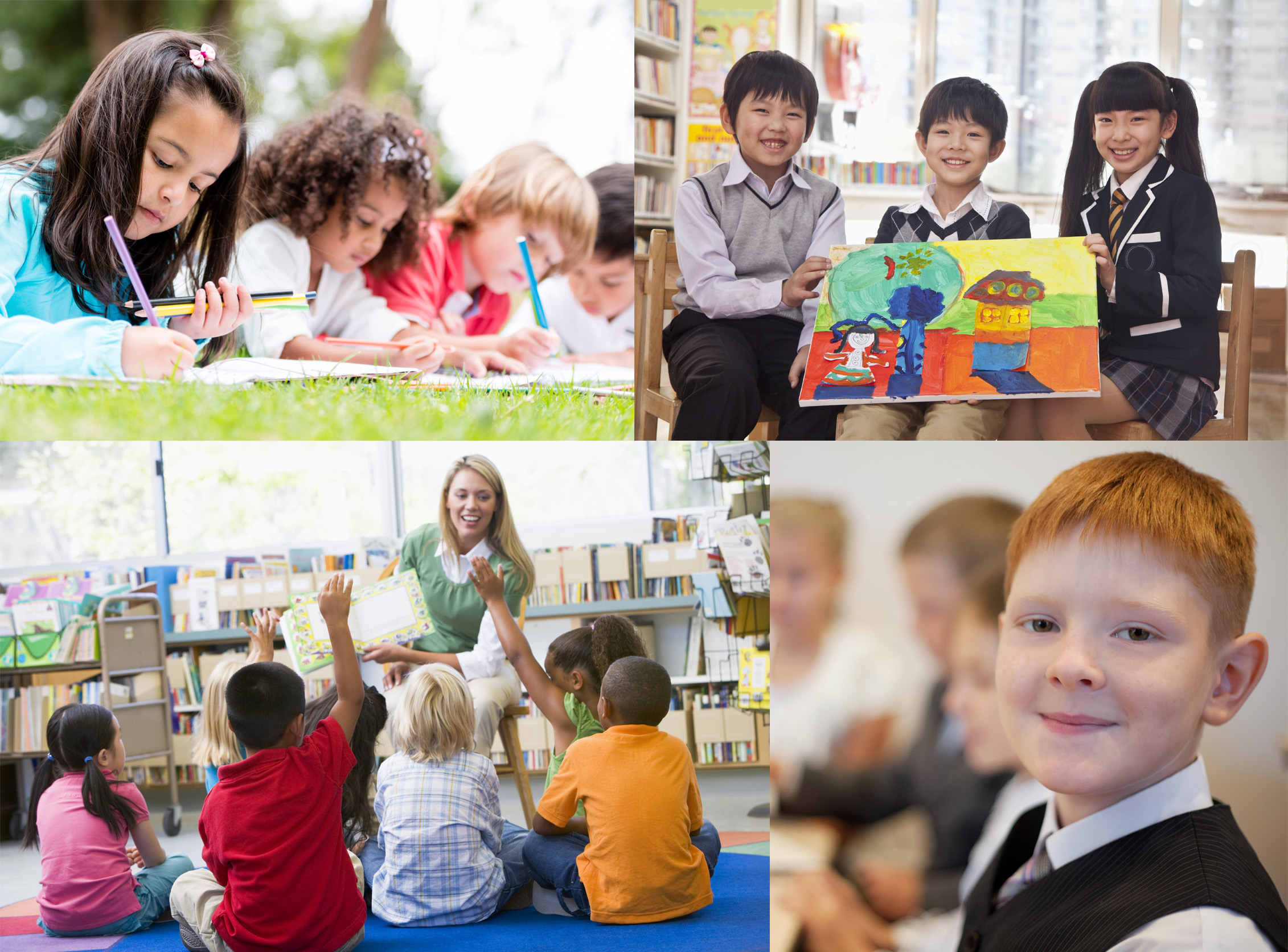
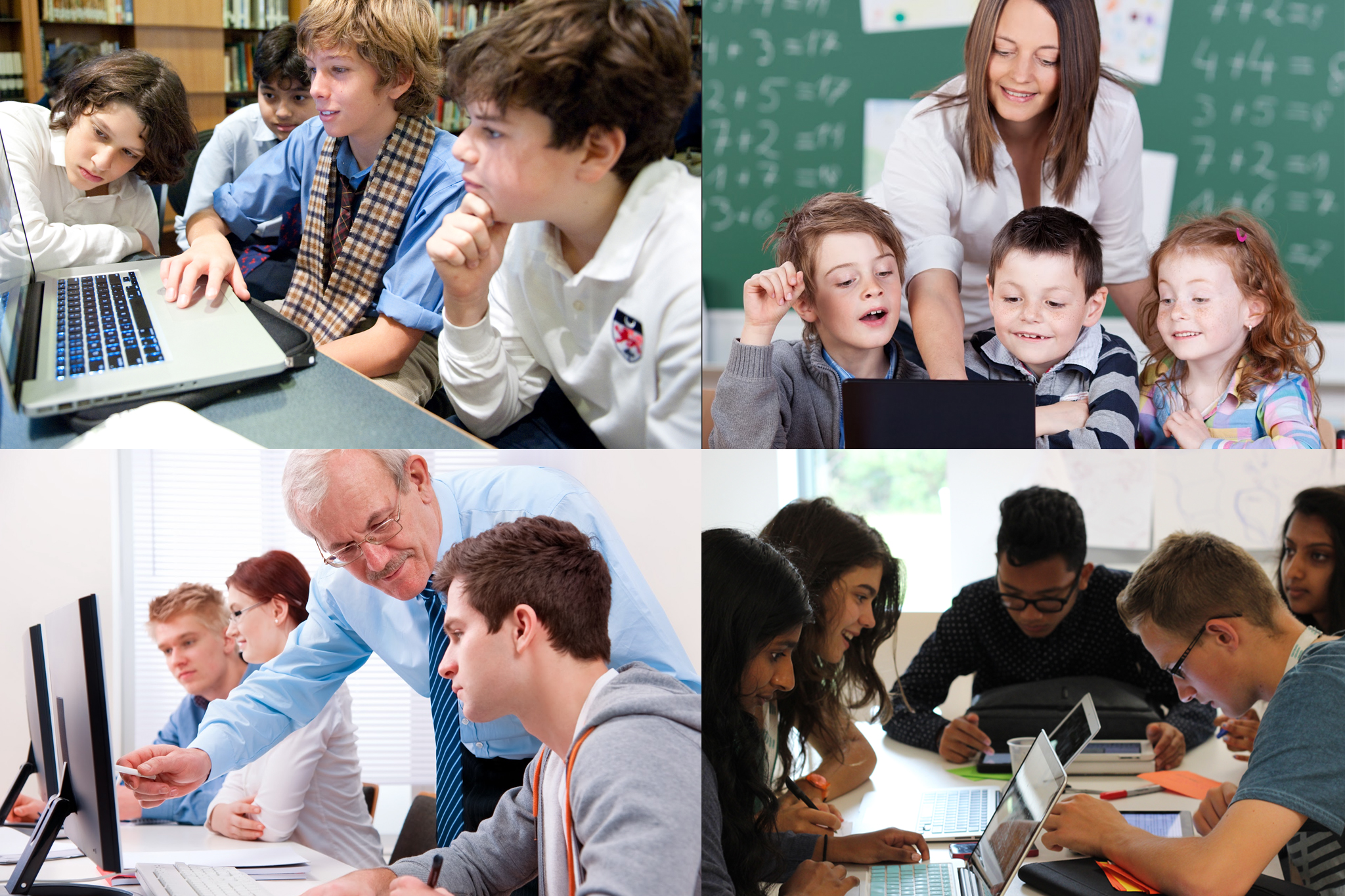
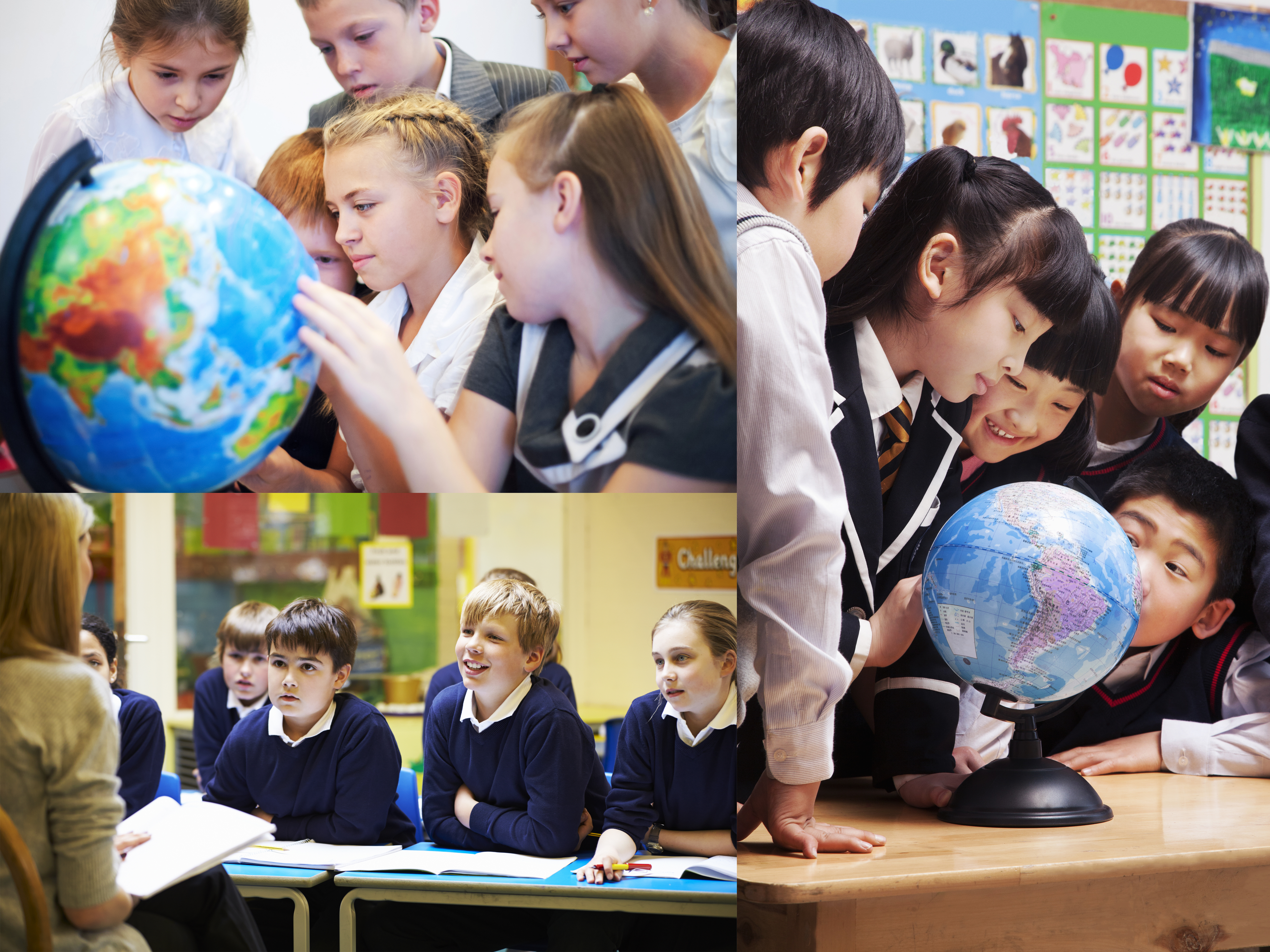

Jüngste Kommentare